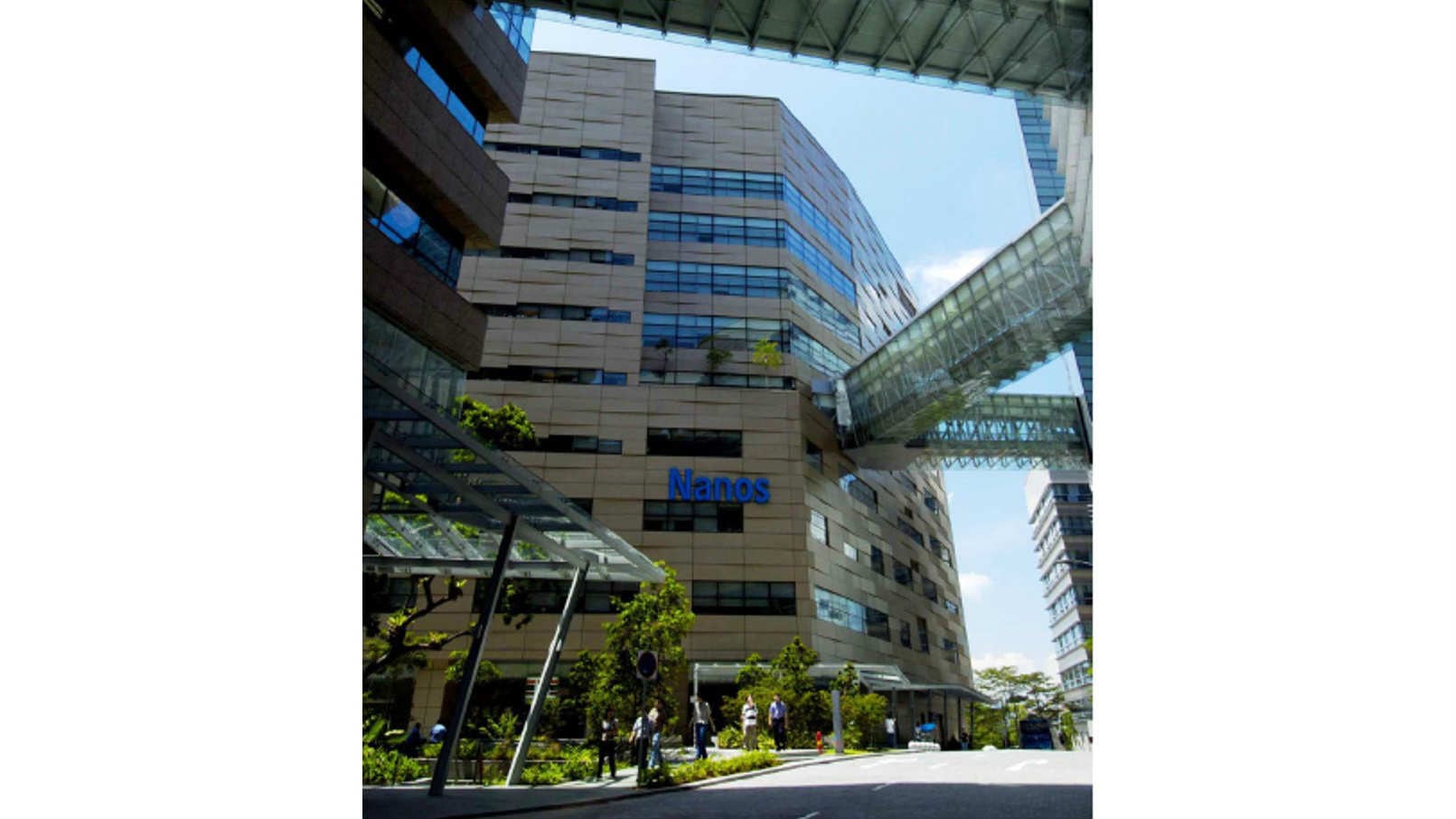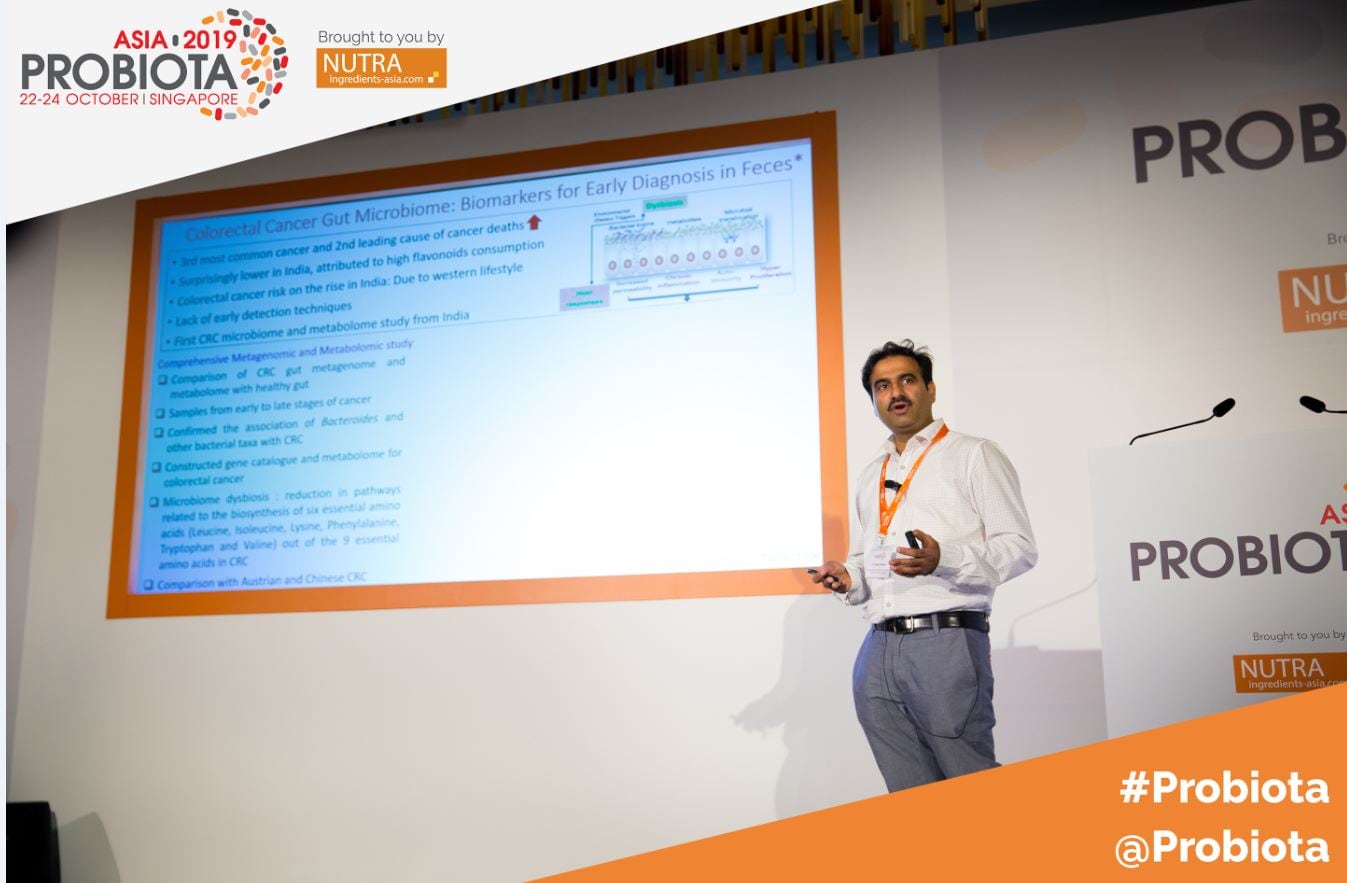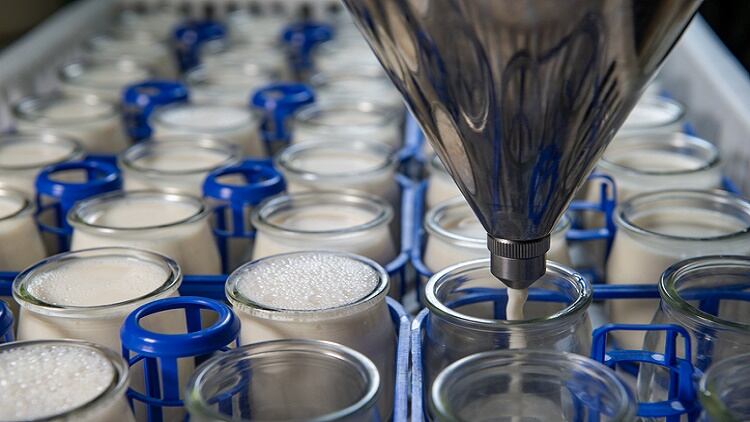‘Under one umbrella’: New Singapore food institute to deliver unified approach to product innovation and market entry
Singapore’s major food research entities will be consolidated under a new institute by the second quarter of 2020, enabling F&B firms large and small to access a ‘one-stop shop’ of research and information pertaining to food safety, regulations and innovation.
The institute, dubbed the Singapore Institute of Food and Biotechnology Innovation (SIFBI) is fronted by the Agency for Science, Technology and Research (A*STAR), but major participating organisations include food science and technology programmes from the National University of Singapore (NUS), Nanyang Technological University (NTU), various labs, polytechnics and industry bodies in the country, as well as newly-established regulatory body Singapore Food Agency (SFA).
The institute’s overarching goals include addressing local food security and food waste issues, but working with F&B companies will also be a major area of focus, and both smaller companies as well as MNCs in the F&B industry will benefit from this, according to A*STAR Biomedical Research Council Senior Director Dr Ralph Graichen.
“As much time and attention will be spent with start-ups as with MNCs [in looking at product development and innovation] with SIFBI,” he said during a media briefing, in response to queries from FoodNavigator-Asia.
Delaying decay: Internationally-backed Indian shelf-life extension nanotech moves to commercialisation
An internationally-backed Indian nanotechnology-based fruit and vegetable shelf-life extension formulation has moved beyond the research phase into commercialisation, claiming to extend freshness by a minimum of two weeks.
Headed by the Department of Nano Science and Technology at the country’s top-ranked state university Tamil Nadu Agricultural University (TNAU), the project started as a collaboration with the University of Guelph in Canada to tackle the ‘global issue of spoilage fruits and vegetables are facing’.
“This project is moving into the commercialisation phase soon – we already had a meeting with over 200 stakeholders last month about this,” Dr K. S. Subramaniam, TNAU Director of Research and Chair of Indian regulatory body National Bank for Agriculture and Rural Development (NABARD) told FoodNavigator-Asia.
Grossly irresponsible? Study finds high salt diet bad for cognition, but experts question trial design
A new study on mice has again shown that a diet high in salt is bad for the brain, but experts have questioned the amount of salt that was fed to the animals, with one even claiming it is “grossly irresponsible in terms of science.”
In a study conducted by researchers from USA, mice which were given a high sodium diet consisting of four or 8% NaCl for 12 weeks (8-16 times higher in salt than normal mouse diet – 0/5% NaCl) were found to accumulate modified tau, a protein associated with conditions that cause dementia, such as Alzheimer’s disease.
The researchers found that high sodium diet mice were significantly less able to navigate mazes (p<0.05) and recognise new objects (p=0.0188).
However, Australian researchers have questioned elements of the study.
Distinguished scientist from The Hudson Institute, Professor John Funder AC ssaid: “Normal mouse chow contains 0.3% sodium chloride; which would be a high salt intake in humans. The New York mice in question got 8% sodium chloride, despite which, curiously, their blood pressure did not go up; they did, however, eat more and weigh less - not a starter for sensible human weight loss.”
“Any extrapolation from mice on a salt intake of 8% to the human situation may be cute, but it is grossly irresponsible in terms of science.”
‘Trillion-dollar industry’: CSIRO-linked plant-based firm v2foods seeks to conquer APAC
Australian plant-based foods firm v2foods is banking on its strong science backing from governmental science agency Commonwealth Scientific and Industrial Research Organisation (CSIRO) in its bid to expand into and develop products for the Asia Pacific region.
The firm is backed by both CSIRO and Hungry Jack’s (Australia’s version of Burger King) founder Jack Cowin. v2foods has piloted its first plant-based burger patties in Hungry Jack’s via the Rebel Whopper burger, and has sold half a million burgers in its first four weeks.
In the United States, Rebel Whopper patties are supplied by Impossible Foods, whereas in Europe these are from Unilever.
“We’re starting in Australia first, but ultimately the aim is to focus on expansion across Asia Pacific, and we see big opportunities in this region for other products too, particularly since in will be impossible to meet the meat consumption and population growth demands here using animal meat,” v2foods Founder and CEO Nick Hazell told FoodNavigator-Asia.
From palm oil to cocoa: Can technology pave the way to Asia’s sustainable food future?
Sustainability is undoubtedly one of the hottest topics in APAC’s food and beverage industry, but it can be hard to distinguish between greenwashing and a genuine commitment best practice. That’s why in this edition of Asia’s Food Future: Industry 4.0, we take a look at some of the groundbreaking technology that can be utilised to create sustainable and ethically-sourced products in the region.
From a manufacturer’s point of view, one of the most major ways to enhance sustainability in food is to ensure the use of sustainable raw materials – here, traceability and transparency of these food sources is key, and this is where technology comes into play.
Global food and beverage MNC Nestle uses blockchain as a means to hit sustainability targets, based on a project the company has been working on for the past one to two years with tech firm IBM and pushed out to retailers such as Carrefour.
“We looked at how we could back our sustainability claims through data and verifiable data flows from partners, suppliers and customers,” Nestle Supply Chain Digital Development Manager Benjamin Dubois told FoodNavigator-Asia.





